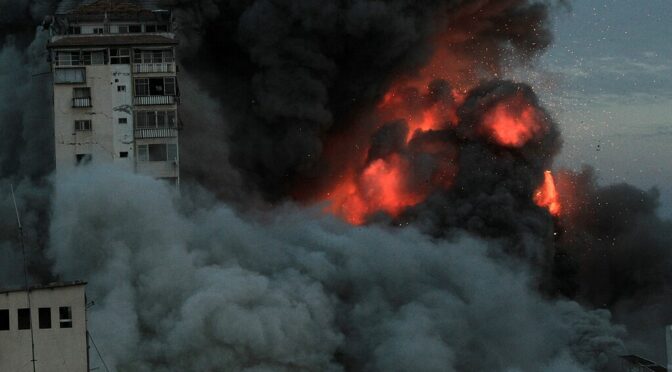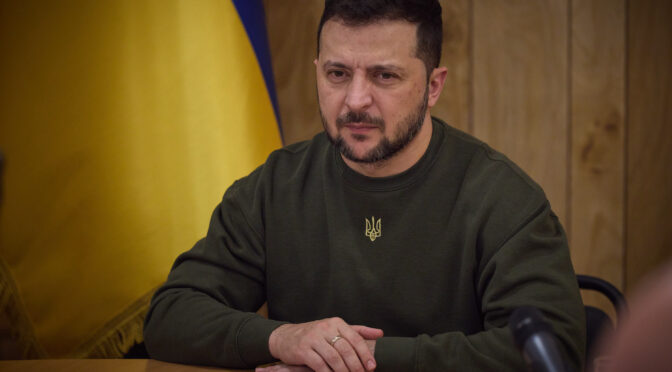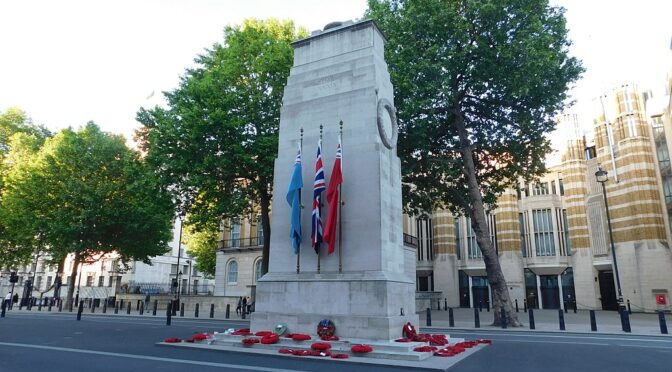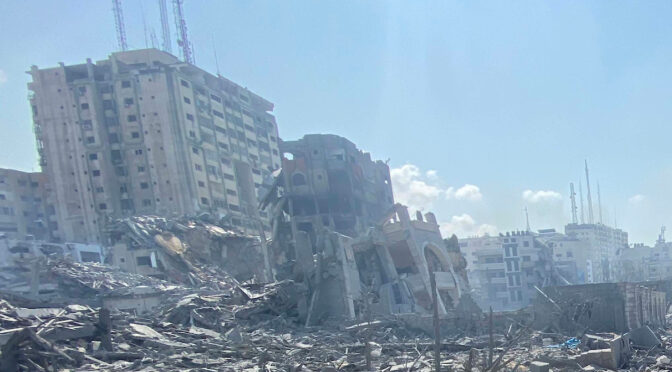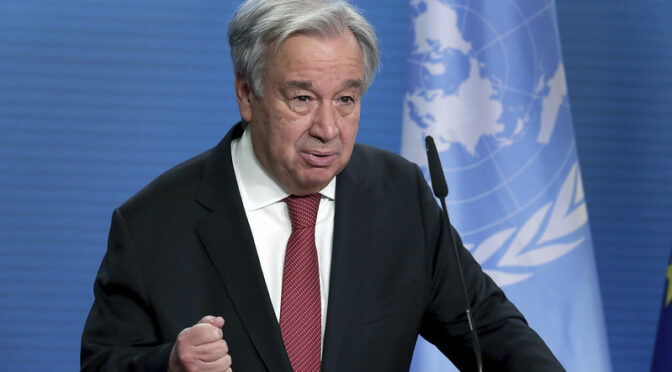Article published by Ynetnews.com, 23 November 2023. © Richard Kemp
I’ve never before heard such an outrageous question asked on British mainstream media in any context. On Thursday Sky News presenter Kay Burley put it to Israeli government spokesman Eylon Levy that the planned release of 150 Palestinian prisoners in exchange for just 50 hostages shows that ‘Israel does not think that Palestinian lives are valued as highly as Israeli lives’. She claimed that an unnamed ‘hostage negotiator’ had suggested that to her.
Hearing this rubbish reminded me immediately of an account by Israeli writer and former soldier Hen Mazzig, who in 2013 was monstrously told by a female university professor in America: ‘You IDF soldiers don’t rape Palestinians because Israelis are so racist and disgusted by them that you won’t touch them.’
Even if Burley’s hostage negotiator actually exists, why on earth would she repeat such a demented proposition live on national TV? There can only be one explanation and that is a desire to humiliate Levy and sow the seeds of Israeli racism into the minds of her viewers. That would be true to form for this channel, whose reports about the Gaza war have been constantly skewed against Israel.
Examples are too numerous to recount here, but just from memory (and I watch as little of Sky News as I can), earlier this month Burley blatantly misquoted Article 51 of the Geneva Conventions in an attempt to persuade viewers that Israel was guilty of war crimes. And another interviewer categorically denied that some anti-Israel protest organizers in the UK had connections with Hamas despite the fact that such links have been definitively proven.
Sky is of course not alone; Israel derangement syndrome is a common sickness among much of the British media. After an explosion occurred in the parking lot of the Al Ahli hospital in Gaza last month, without evidence the BBC immediately accused Israel of bombing it. Their correspondent in Israel, John Donnison, said he couldn’t think of any other possible cause than ‘an Israeli airstrike or several airstrikes’. Continue reading


